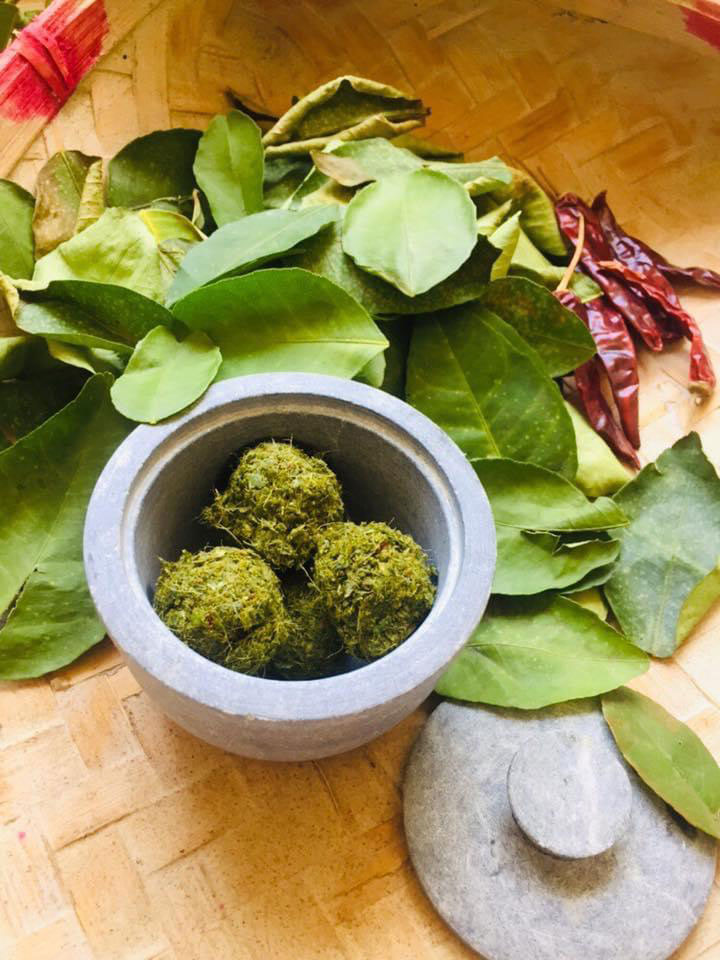Our adorable readers,
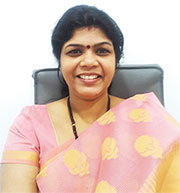
We begin with a note of thanks, for your abundant appreciation of the contents of the KWay.
It energizes us to bring more useful, helpful, hopeful, health-related information to you on each issue.
Summer is upon us and Omicron has given us a fortuitous break.
So, we gift you also a break on COVID – talk! [Read More…]
READ FULL ARTICLEParkinson’s Disease: All You Need to Know
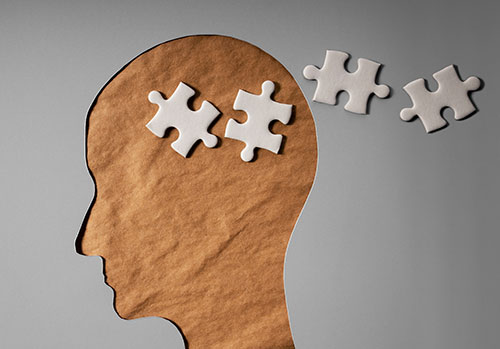
Parkinson’s disease is a degenerative disease of the brain which largely occurs in those over the age of 60 years. It is named after Dr James Parkinson, who described the earliest cases. It is also called “The Shaking Palsy” which sums up its clinical presentation of tremors and motor slowing which was thought of as weakness of the muscles.
READ FULL ARTICLENon-Motor Symptoms of Parkinson’s Disease - The Elephant in the Room
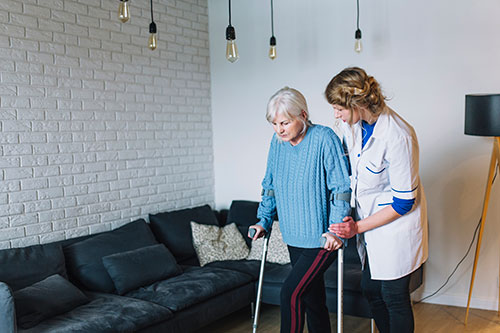
Parkinson’s disease (PD), is a slow progressive neuro-degenerative disorder where symptoms occur gradually and get worse over time. As we live longer than in previous centuries, the prevalence of aging-related neurodegenerative conditions like PD will get diagnosed more frequently. A small proportion of younger adults show symptoms in their 40-50 years due to genetic reasons.
Read moreBladder Control Problems in Elderly with Parkinsonism
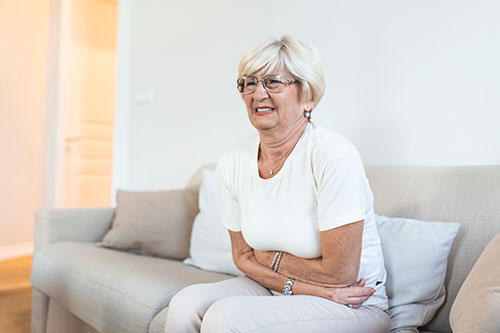
Parkinson’s disease is a neurodegenerative disorder, involving the dopaminergic neurons. Here, due to a deficiency in dopamine in the nigrostriatal pathway, there will be tremors, slow movement (bradykinesia) and skeletal rigidity. The duration of the disease is an important factor for the presentation of bladder symptoms, as are the stage and progression of Parkinson’s disease.
READ FULL ARTICLEDon’t Let PD Drown or Mute Someone!
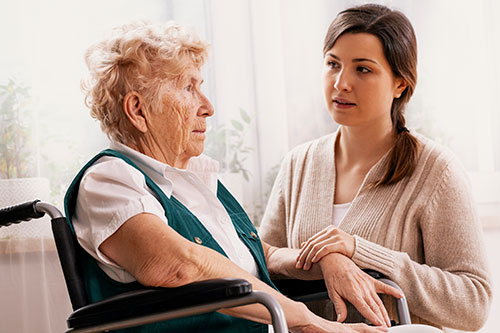
Parkinson’s disease (PD) is a neuro-degenerative disorder affecting certain nerve cells (neurons) of a specific area of the brain. It usually affects a person’s movement. Symptoms of Parkinson’s disease usually begin gradually and progressively become severe. People with Parkinson’s may suffer from issues involving chewing, swallowing or speaking. These problems can arise anytime, but usually tend to increase as PD progresses. Just like how PD affects movement in other parts of the body, it can also involve the muscles in the face, mouth and throat that are used in speaking and swallowing.
READ FULL ARTICLEDrug Induced Parkinsonism
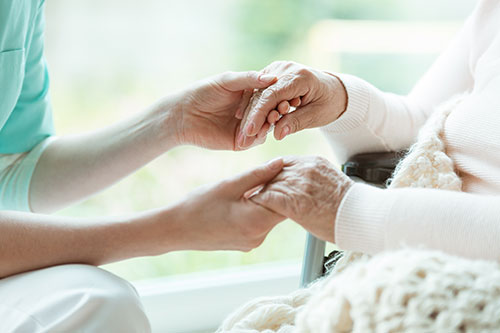
Dopamine is a happy hormone in the brain responsible for the feeling good and reward system. Anything that causes an imbalance in the brain dopamine levels can cause Parkinsonism. Parkinsonism is not a disease entity, but some cluster of symptoms like tremors, muscle stiffness and difficulty in walking and balancing. Its presence varies from 5% to 7%.
Read moreMedical Nutrition Therapy - Parkinson’s Disease
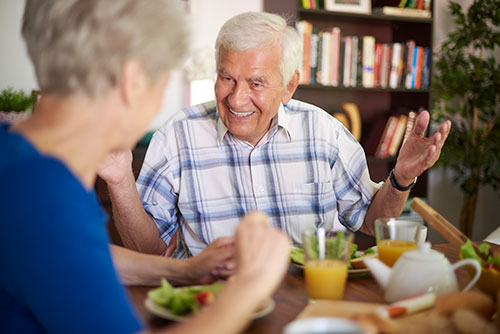
Parkinson’s disease (PD) is an age-related neurodegenerative disorder that affects 1–2% of persons aged 60 years and older (Olanow et al, 2009). It is characterized by the loss of brain cells that produce dopamine, a chemical that helps direct muscle activity. There are diminished levels of dopamine at the basal ganglia of the brain, causing tremor of hands, arms, legs, jaw and face; rigidity of limbs and trunk; slowness of gait; coordination difficulty; chewing problems; dysphagia and problems with speech.
READ FULL ARTICLEParkinsonism and Musculoskeletal Disorders
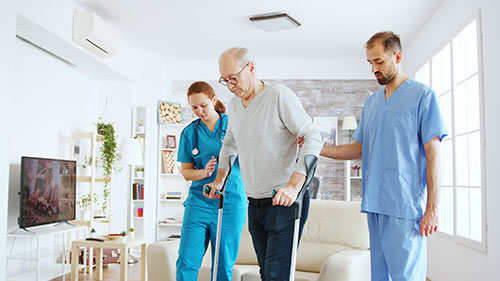
Musculoskeletal problems are comparatively higher in people with Parkinsonism than in the normal population. However, not all orthopaedic disorders are more prevalent – only certain conditions like frozen shoulder, osteoporosis, neck pain and back pain affect Parkinsonism patients more frequently. Let us understand the reason for these disorders so that the steps to prevent or decrease the incidence can be followed effectively.
Read moreParkinson’s Disease & Constipation
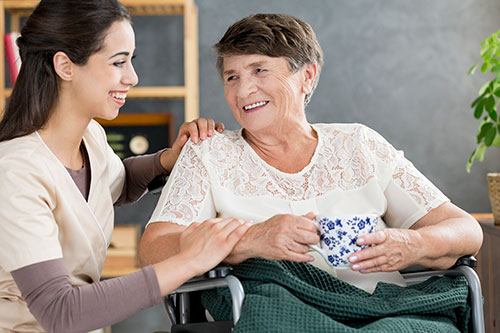
Parkinson’s disease is a common neurological disorder. Patients with PD present with motor symptoms like resting tremor, rigidity of limbs and gait abnormalities. Constipation is the most common non-motor symptom of PD. About 50-80% of PD patients suffer from constipation.
READ FULL ARTICLERehabilitation in Parkinson’s Disease
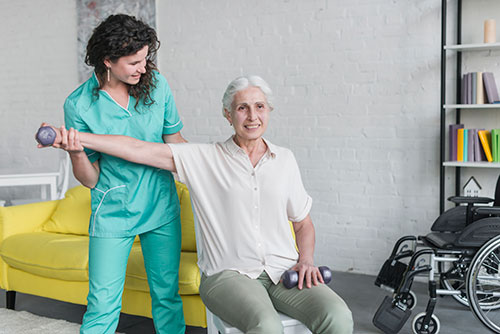
Rehabilitation has an important role in providing independent living. In addition, known complications of PD can be reduced or prevented while the quality of life is promoted. Optimal management involves a coordinated interdisciplinary team to oversee a comprehensive plan of care to address the patient’s individual clinical problems, concerns and needs.
READ FULL ARTICLEPaesum Thalaimai – Dr. Aravindan Selvaraj’s interview on News7 Tamil Channel

Great healthcare at affordable cost – in this age of inflation is this actually possible? Answering this and many other relevant questions regarding innovative healthcare, pandemic management, leadership, teamwork and social responsibility, this interview with Dr Aravindan Selvaraj gives all viewers a chance to get to know this inspirational healthcare leader. Dr Aravindan talks about his humble beginnings, his parents’ influence and his desire to make a difference to society. He also delves into the need to encourage health tech start-ups and the importance of mentoring young doctors.
WATCH FULL VIDEOPatient Experience

I underwent breast cancer surgery followed by radiation for 5 weeks in Kauvery hospital, Chennai. I am very happy to say that I was in the best hands throughout my treatment. I like to mention that the doctors as well as all the support staff took very good care of me.
They were very kind and considerate towards me. I like to appreciate and thank Dr Keerthi Catherine Kabir and Dr Vytheeswaran in particular. The support staff in the radiation section deserves a special mention. Thanks once again.”
– D.P

